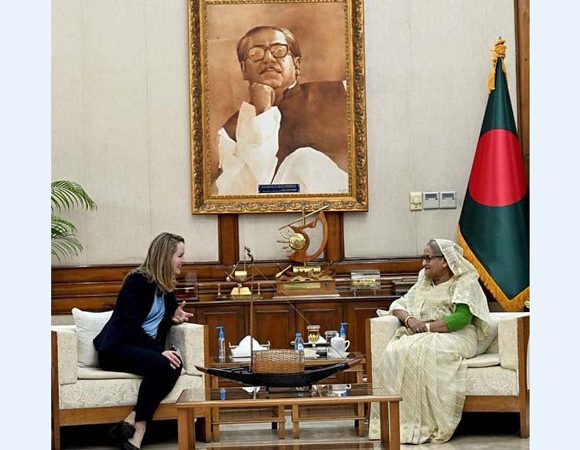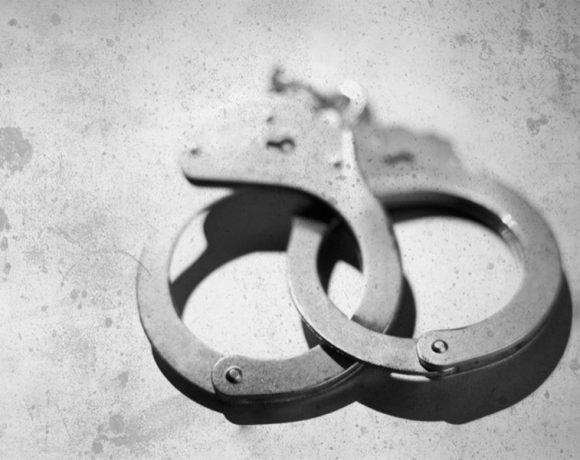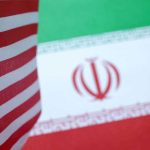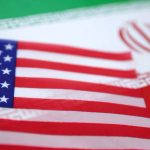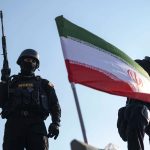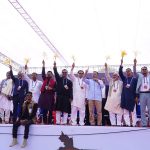Tensions rise between Delhi and Dhaka over Hasina’s public role
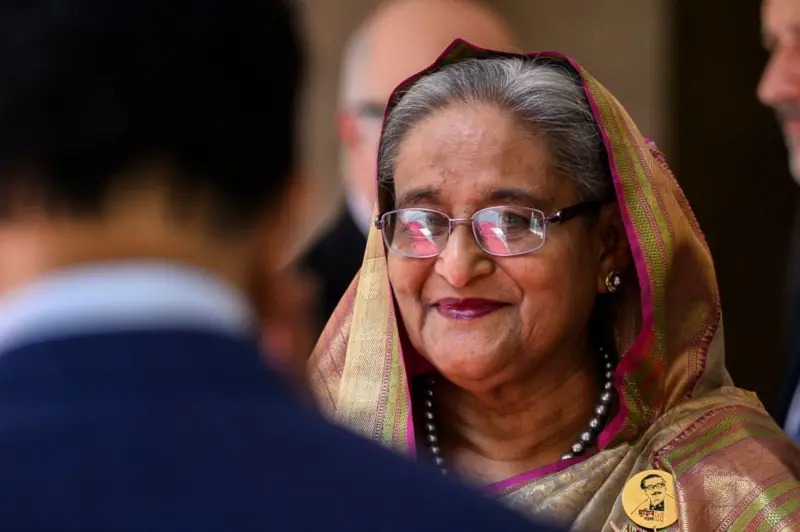
PARBATTANEWS DESK
Diplomatic tension has intensified between India and Bangladesh over whether former Bangladeshi Prime Minister Sheikh Hasina, who has been living in India under official protection, should be allowed to make public statements, BBC Bangla reported on Tuesday.
Citing Indian analysts, the report said some policymakers in Delhi are strategically using Hasina to put pressure on Bangladesh’s interim government.
The dispute dates back nine months, when Bangladesh issued an official statement accusing Hasina of making “false and provocative” comments on social media from India following the vandalism of Sheikh Mujibur Rahman’s Dhanmondi-32 residence. Dhaka lodged a formal protest with the Indian envoy, urging New Delhi to restrain her.
India’s foreign ministry responded that Hasina was speaking “in her individual capacity” and not on behalf of the government. Dhaka countered that portraying India negatively or blaming it for Bangladesh’s internal failings would harm bilateral relations. Delhi then summoned Bangladesh’s acting High Commissioner in return.
BBC Bangla described the current strain between the two capitals as “unprecedented,” noting that the issue has even been discussed between Bangladesh’s Chief Adviser Muhammad Yunus and Indian Prime Minister Narendra Modi.
Dhaka’s Objection and Delhi’s Response
Bangladesh maintains that India has the right to offer Hasina refuge but argues that, under a bilateral extradition treaty, she should be handed over to face trial for her alleged role in the July massacre. Dhaka says that allowing her to speak publicly and potentially incite unrest among Awami League supporters before any resolution would be unacceptable.
Despite these objections, Hasina has continued to address her followers online, sometimes live and sometimes through recorded messages.
During the BIMSTEC Summit in Bangkok in April, Yunus raised the issue directly with Modi, who reportedly replied that in the “age of social media, no one’s speech can truly be restrained.”
Indian officials insist Hasina is not a political detainee. She retains access to her personal phone, television, and internet, and her movements are not formally restricted.
Hasina’s Growing Media Presence
On October 29, three international outlets — Reuters, AFP, and The Independent — simultaneously published separate written interviews with Hasina, which analysts in Delhi believe took place with India’s consent.
In recent months, she has also met several exiled Awami League leaders and her son Sajeeb Wazed, who lives in the United States — encounters seen as taking place with official approval.
Analysts told the BBC that the restrictions initially imposed on Hasina when she arrived in India are being gradually relaxed, a process described as her “unlocking.”
India’s Calculus: Keeping the Awami League Relevant
Dr. Smruti Pattanaik, senior fellow at the Manohar Parrikar Institute for Defence Studies and Analyses (IDSA), said the move appears aimed at keeping the Awami League politically relevant in Bangladesh’s changing landscape.
“I wouldn’t call it permission, but it’s clear these interviews didn’t happen without Delhi’s knowledge,” Pattanaik said.
“As Bangladesh undergoes major political reforms such as the National Consensus Commission and the July Declaration — where the Awami League has no role — India wants to ensure the party’s voice isn’t erased.”
She noted that even Jamaat-e-Islami, long criticized for its role in the Liberation War, has regained a voice in Bangladesh’s political discourse, while the Awami League remains largely sidelined.
“India understands that Sheikh Hasina remains the final authority within her party,” she added.
Former Indian High Commissioner to Dhaka Riva Ganguly Das said Hasina’s statements appear intended to boost party morale ahead of the upcoming elections.
“The top leadership is in exile and unable to campaign. Hasina is doing what she can from India, and her hosts are not objecting,” she said.
Strategic Signalling From Delhi
While India officially maintains that Hasina’s comments represent her personal opinions, experts believe her statements often echo Delhi’s own concerns.
Former JNU professor Baladas Ghoshal told the BBC: “Through these interviews, India appears to be taking a slightly more assertive stance.”
“Recent developments in Bangladesh — such as frequent visits by Pakistani officials or remarks about India’s northeastern states — are viewed in Delhi as anti-India gestures.”
Ghoshal added that Hasina’s remarks serve two purposes: testing Dhaka’s reactions and reassuring Awami League supporters that “India remains firmly on Hasina’s side.”
The ‘Unlocking’ Process
London-based geopolitical analyst Priyajit Debsarkar, who has tracked Hasina’s stay in India since her arrival on August 5, 2024, compared her initial confinement to a COVID-style lockdown.
“Initially, she was kept under tight secrecy and security — no risks were allowed. But lockdowns cannot last forever,” he said.
“As with the pandemic, the restrictions are now being lifted gradually.”
Since then, Hasina has delivered speeches via YouTube and Messenger, met select party members in person, and given multiple international interviews.
BBC sources in Delhi say more written interviews are forthcoming, and on-camera appearances before Bangladesh’s February elections are possible.
“India has clearly begun the process of unlocking its special guest,” Debsarkar said.
“How far this goes — whether she gains more mobility or political freedom — will depend on several evolving factors.”

